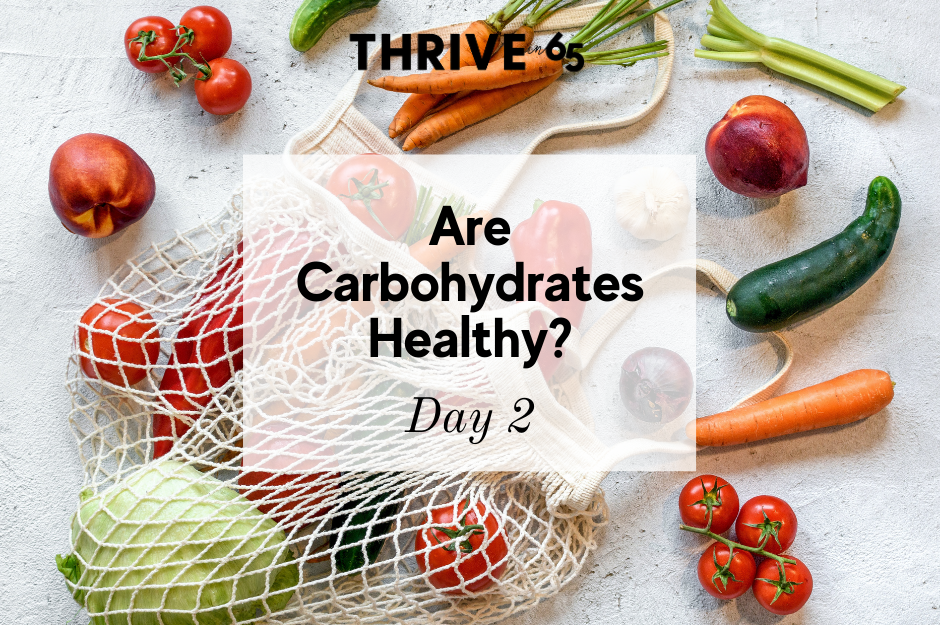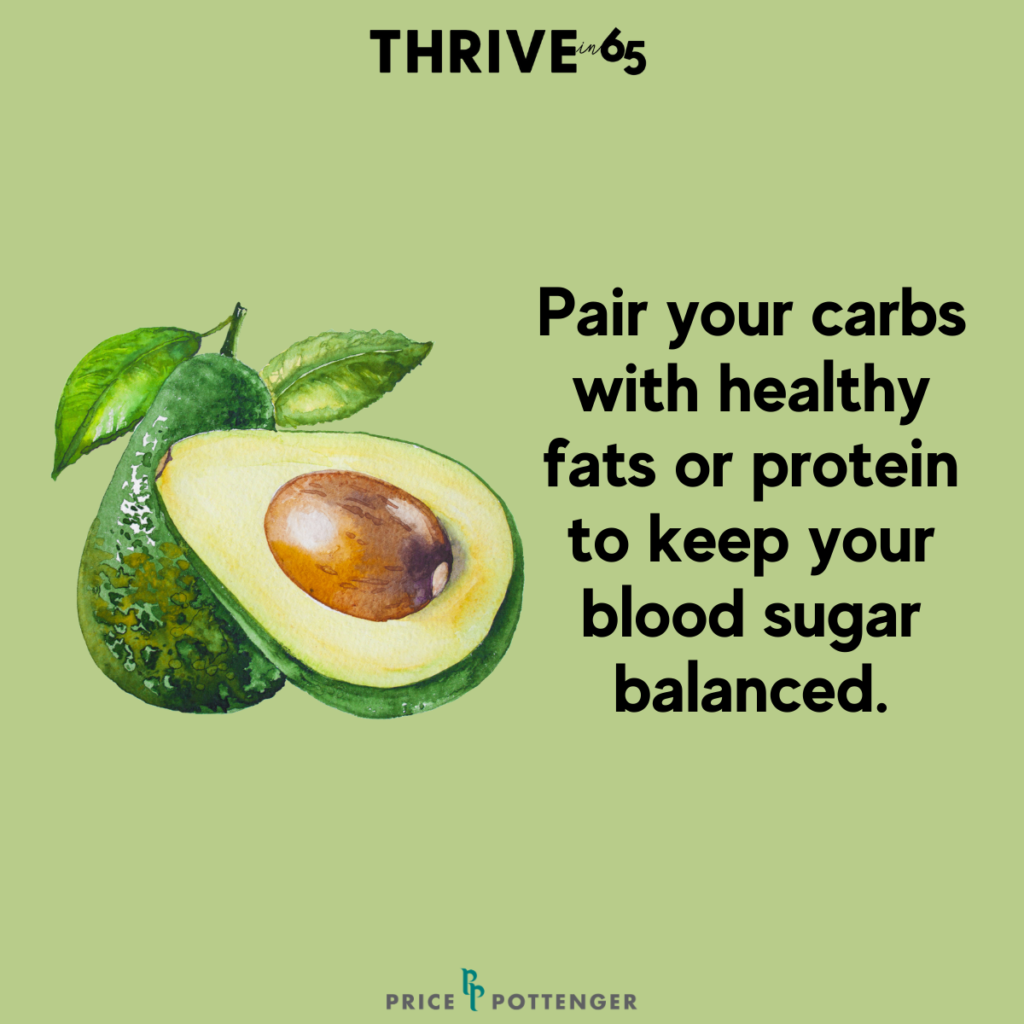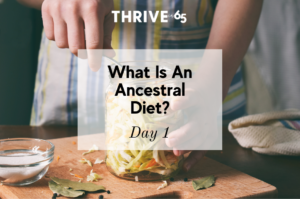Access to all articles, new health classes, discounts in our store, and more!
Are Carbohydrates Healthy?

There’s a lot of vilification of carbs in the modern diet world. Carbohydrates get blamed for a lot of problems: weight gain, diabetes, fat around the midsection, and even food addiction. Do you wonder if carbohydrates are healthy? You can’t blame those problems on carbs alone. In fact, carbohydrates have a lot to offer in a healthy, ancestral diet.
What Are Carbohydrates?
Carbohydrates are a macronutrient. Together with protein and fat, they comprise the larger nutrients of the human diet.
As they digest and break down, carbohydrates are converted into glucose, which is also known as blood sugar. This is the body’s main source of fuel unless you are in ketosis. Carbohydrates that are refined and processed have less fiber in them and lead to higher levels of glucose.
Are Carbohydrates Healthy and Should You Eat Them?
Everyone eats some level of carbohydrates. Even very low-carb diets still include small percentages. Most healthful eating patterns include carbohydrates, but the percentage that they take up in the overall macronutrient content can vary widely by the person and even by the day.
The answer for most people is that yes, you should eat carbohydrates. It’s the type of carb that matters. Carbs that come from whole foods that are not refined or processed are filled with nutrients and fiber. These have many health benefits.
The best sources of carbohydrates that provide vitamins, minerals, and phytonutrients are vegetables and fruits. Whole grains, nuts, seeds, legumes, and dairy products also provide carbohydrates to the diet, although they may have some digestive downsides.
Grains, nuts, seeds, and legumes contain phytates and lectins in varying amounts. Phytates and lectins are compounds that can bind to nutrients in the digestive tract and make them harder to absorb. They can also irritate the lining of the gut. Dairy products are hard to digest for some due to a lack of lactase, the enzyme that breaks down lactose.
When a diet heavily relies on these foods, it can create unbalanced nutrient levels or lead to digestive problems.
All types of carbohydrates can become problematic if you rely too heavily on only one kind. Nutrient and food variety was an important component of ancestral diets. Traditional cultures ate seasonally, relying on what was available at the moment, and didn’t have the luxury or ability to eat the same set of foods all year long. This led to better nutrient diversity and could help to offset potential food sensitivity or intolerance.
How Many Carbohydrates Do You Need?
The amount of carbs that you need depends on a lot of factors, like:
- How active you are (the more you exercise or train, the more carbs you’ll need for fuel, unless you are in ketosis)
- Whether or not you’re pregnant or breastfeeding (these both have higher energy demands and require more carbs from whole food sources)
- Your age (children and older adults may need more carbohydrates for energy and nutrients)
- Your health (people with metabolic disorders or chronic conditions may have higher or lower carbohydrate and fiber requirements)
There is no one-size-fits-all formula for how many carbs you need. General US dietary recommendations suggest a diet fairly high in carbohydrates, between 45 to 65 percent of your daily calorie intake. Ancestral dietary experts believe that this carbohydrate range is too much for nearly every person.
Carbohydrates are not the villains they’re portrayed to be by low-carb diet enthusiasts. But you should choose carbs with precision based on their nutritional value. A diet, regardless of how many carbs it contains, should serve to meet your health and nutritional needs. You don’t need to arbitrarily adhere to a specific carbohydrate requirement because a diet or food plan says to.
Refined and processed carbohydrates, like white flour, sugar, and white rice, are nutrient-poor and have little to offer. Instead, choose whole food carbohydrate sources to reap the greatest nutritional benefit, like vegetables, fruits, and moderate amounts of whole grains, nuts, seeds, and dairy products as you are able to tolerate them.
People who have metabolic disorders like diabetes should avoid all starchy carbohydrates and sugar, including fruit, when possible.
Carbohydrates that come from grains, legumes, nuts, and seeds also contain antinutrients—phytates and lectins—which are compounds that can damage the lining of the gut. In order to utilize the carbs from these foods, they should be consumed in moderation, but should also be prepared first by soaking or sprouting to reduce the antinutrient content.
Are all whole-food carbs equally healthy? Stay tuned for more info in the weeks ahead.
Today’s Simple Step
Grabbing a carb-only snack (like a piece of fruit or a bagel) or eating a high-carb meal on its own will lead to a faster, higher increase in blood sugar than if you pair it with some fat or protein.
Today’s Recipe
This Kale and Pomegranate Salad recipe is a great way to get lots of healthy carbs in one dish. Pair it with your favorite protein and fat for a well-balanced meal.
Thrive in 65 is a free daily nutrition series.





